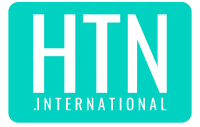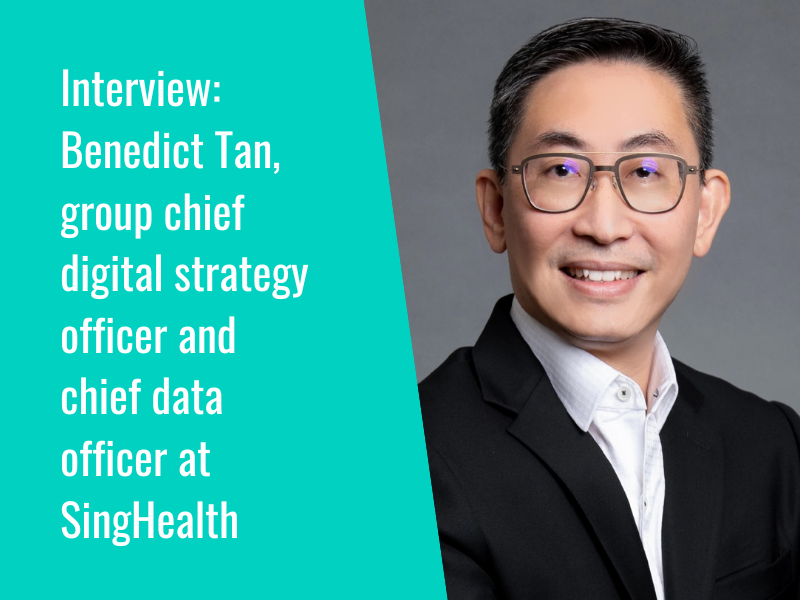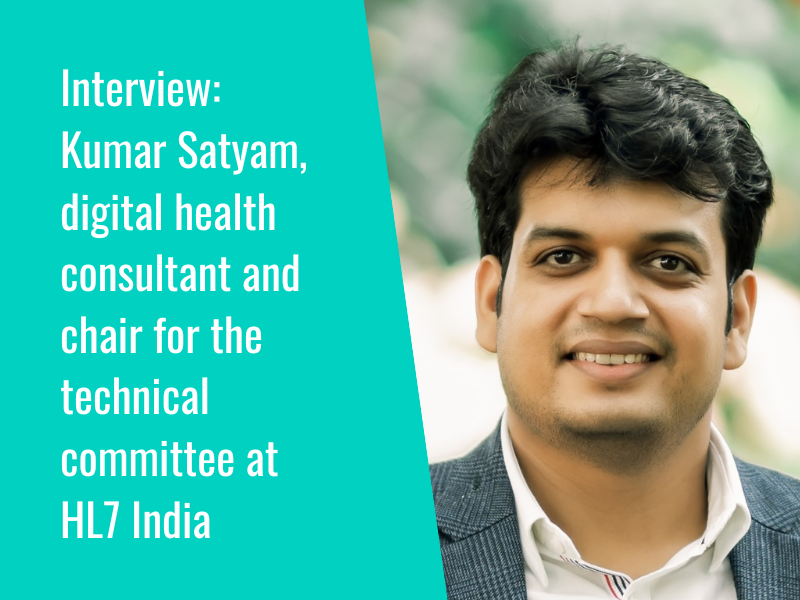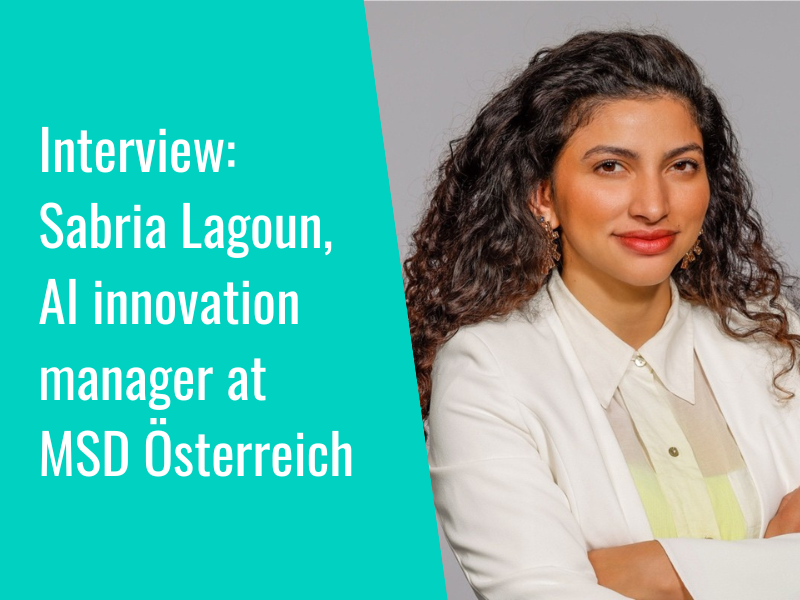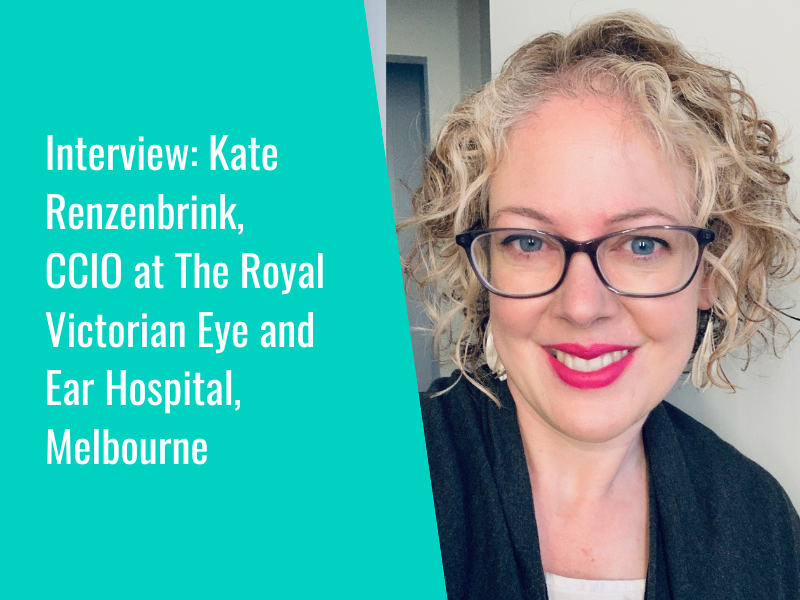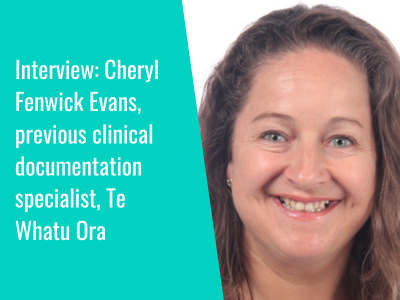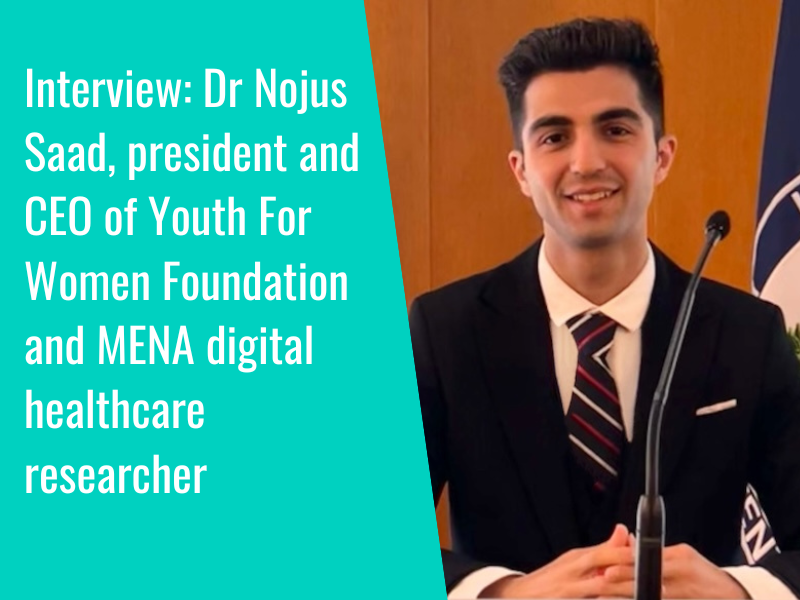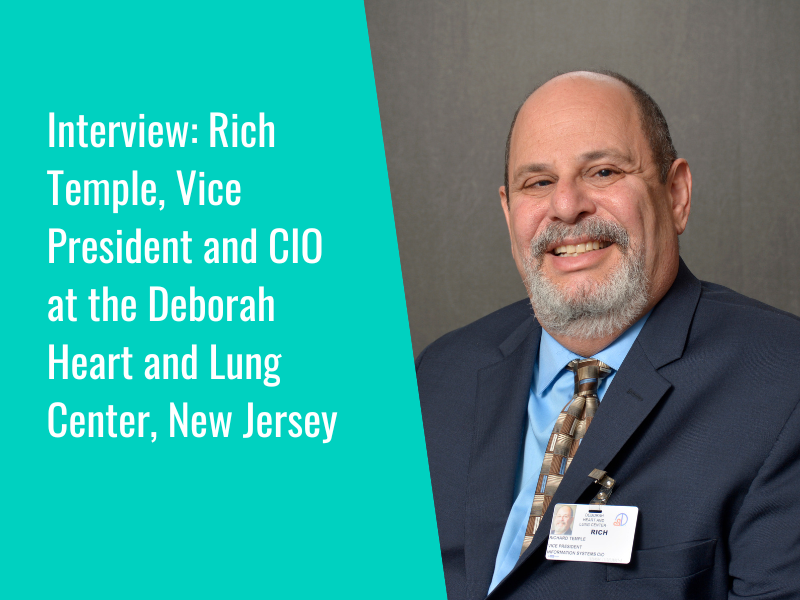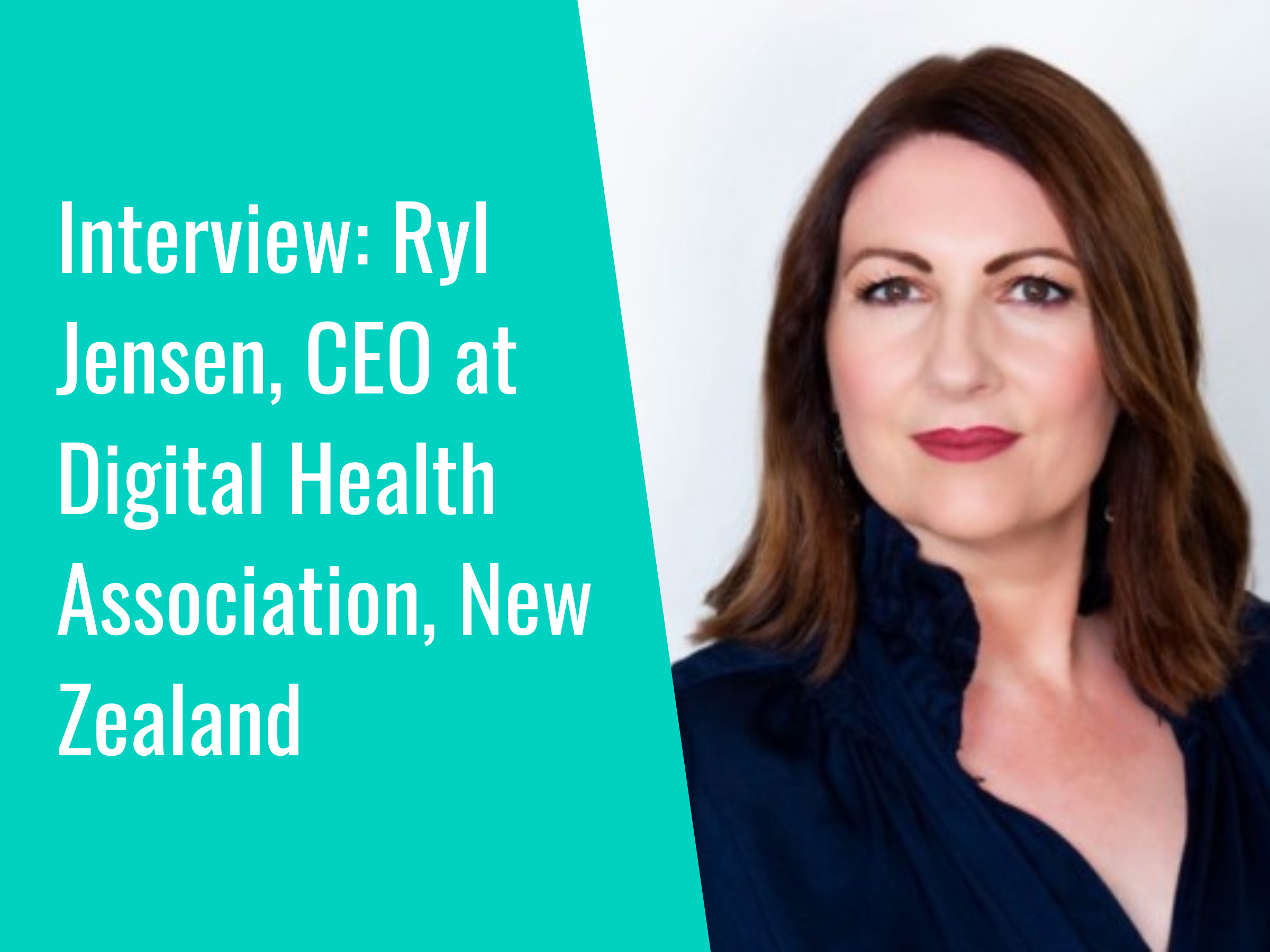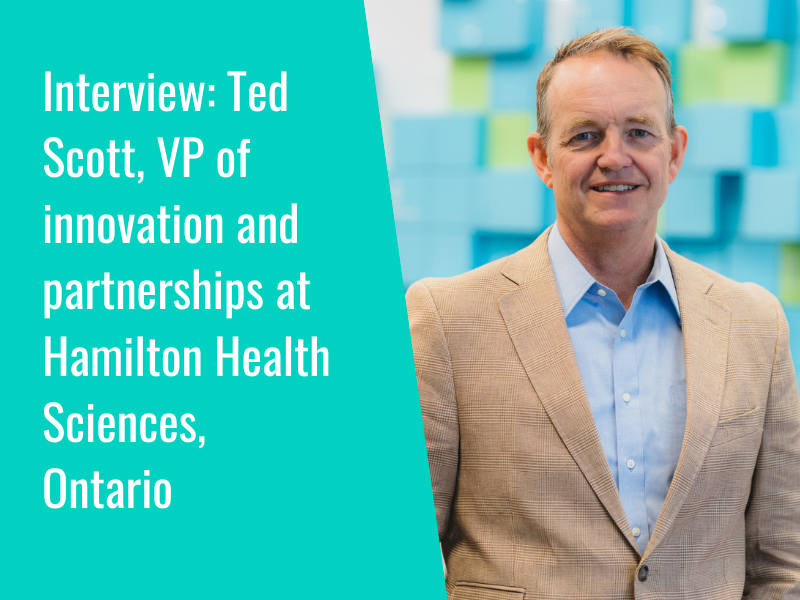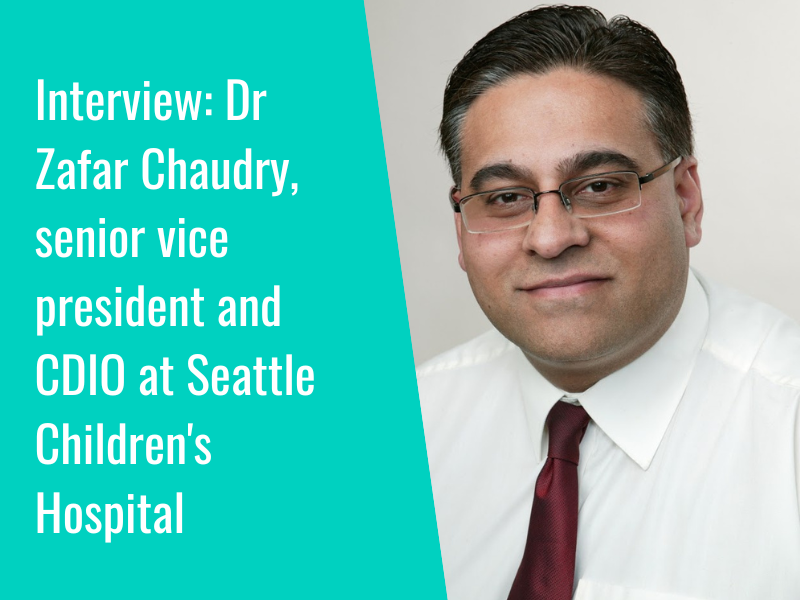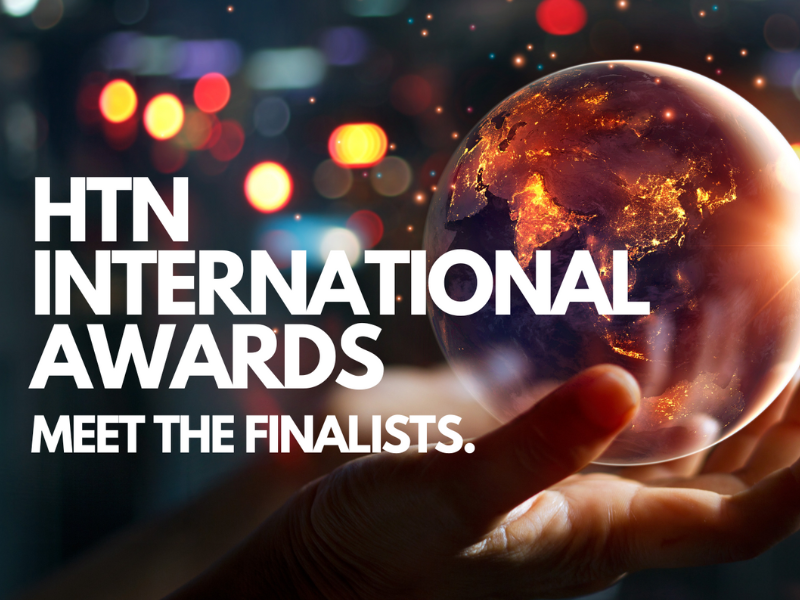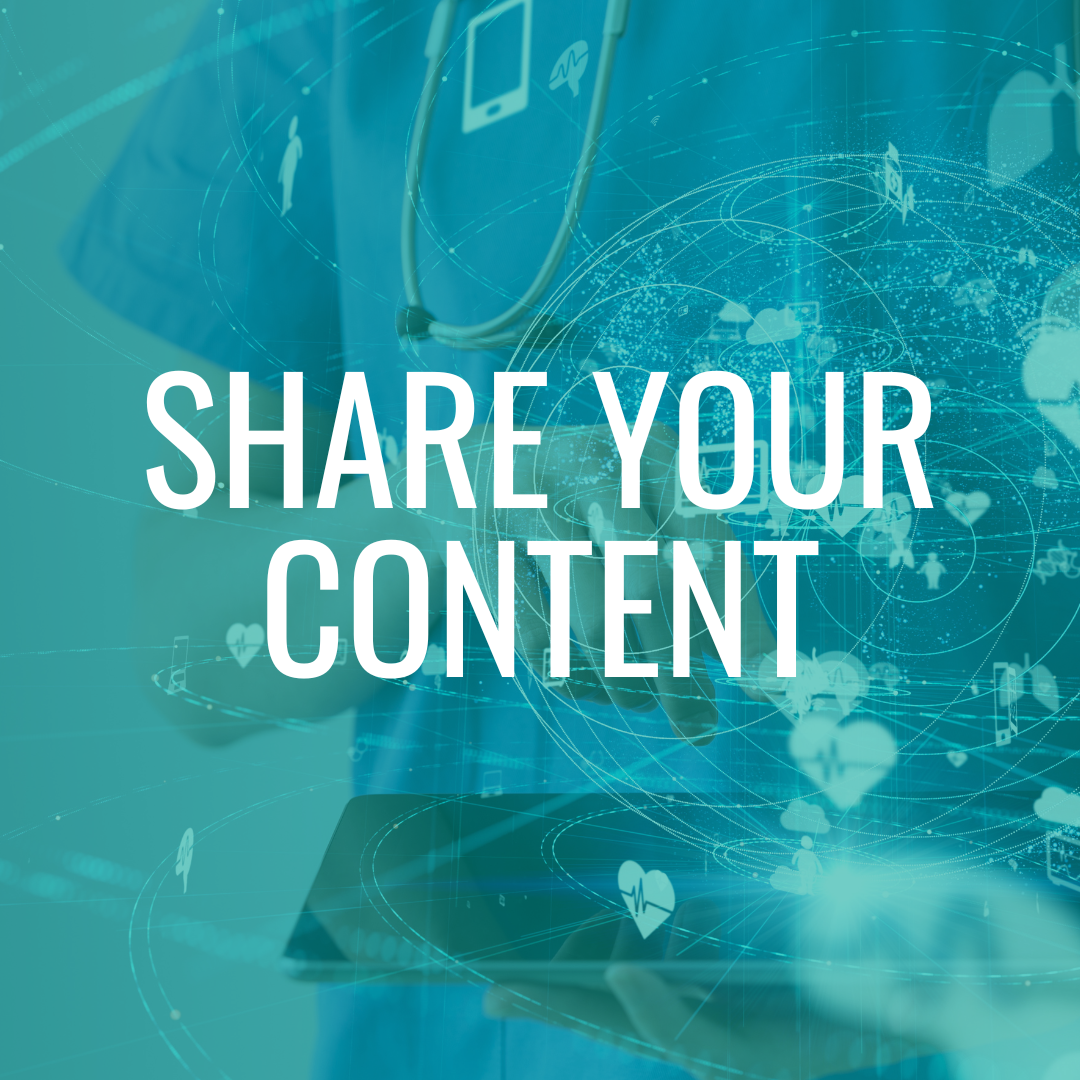The World Economic Forum’s (WEF) Global Collaboration Village initiative, conducted in partnership with Accenture and Microsoft, has highlighted examples of the metaverse’s potential to “revolutionise” industries including health and care.
With around 140 Village Partners including businesses, governments, civil society organisations and academic institutions, the platform unites leaders and decision-makers from around the world to “harness the potential of virtual and augmented reality in solving complex problems”.
In examples from the field of health and care, the metaverse has helped to transform preventative care and patient engagement at Apollo Hospitals, India. Here, ProHealth DeepX, a metaverse product, is being used to “bridge the gap between clinical health information and reality”, with AI offering personalised insights into the potential for cardiac events, as well as tailored interventions for individuals. Users can take part in the “immersive experience” to visualise their own heart’s health and wellness journey.
Other examples include projects on climate change, urban development and education.
The WEF hopes that as the Global Collaboration Village expands, it will help leaders and decision-makers to harness the power of next-generation technologies to help “accelerate real-world solutions”.
To learn more about the Global Collaboration Village, please click here.
In other news on international collaboration, the WHO has announced a new Global Initiative on Digital Health (GIDH), which will support the implementation of the Global Strategy on Digital Health 2020–2025.
- 1
- 2
